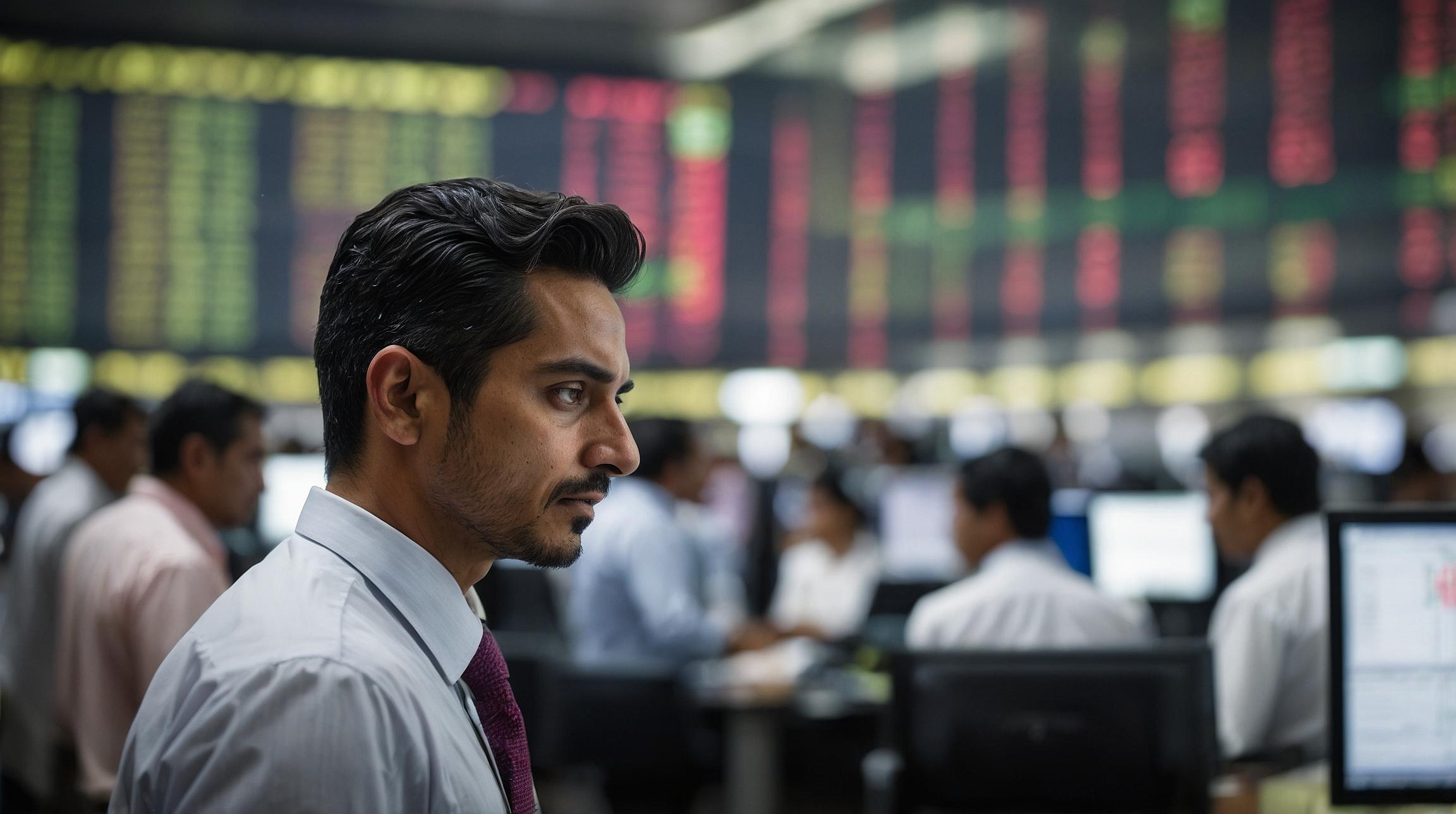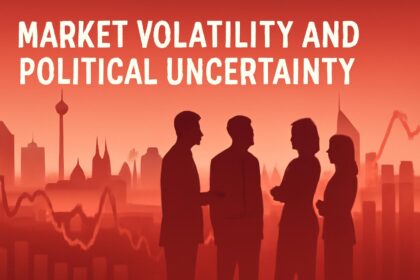Super PACs Channel Over $40 Million to Support Cuomo, Oppose Mamdani
Super PACs backing Andrew Cuomo and opposing Zohran Mamdani in the 2025 New York City mayoral race have collectively raised more than $40 million, according to recent election filings. These funds mainly originate from prominent billionaires and influential family dynasties concerned about Mamdani’s progressive platform.
Key Billionaire Donors and Family Dynasties
Among the largest contributors to the pro-Cuomo Super PAC “Fix the City” are Bill Ackman, Ronald and William Lauder of the Estee Lauder fortune, Barry Diller, Dan Loeb, and non-New Yorkers such as casino magnate Steve Wynn and Walmart heiress Alice Walton. The Lauder family alone has donated over $2 million since June. Fix the City has raised over $32 million, making it the dominant independent expenditure committee in the race. Other anti-Mamdani PACs, including Defend NYC and New Yorkers for a Better Future, have raised $2.5 million and $1.5 million respectively.
Zohran Mamdani, a self-described Democratic socialist, has proposed ambitious policies including a rent freeze, free public transportation, universal childcare, and government-operated grocery stores. To fund these initiatives, he advocates a 2% tax on New Yorkers earning over $1 million annually. This platform has alarmed many wealthy New Yorkers and national conservatives, motivating significant financial opposition. Despite this, Mamdani maintains a double-digit lead in most polls.
“They’re spending more money than I would even tax them,” Mamdani stated in an MSNBC interview, framing billionaire spending as evidence of his campaign’s challenge to entrenched interests.
Donor Timing and Political Strategy
Many significant donations to Fix the City occurred before the June primary, including $8.3 million from Michael Bloomberg. Post-primary, several billionaires accelerated their contributions, such as Joe Gebbia, who donated $2 million in October alone. The use of “independent expenditure committees” like Fix the City allows donors to circumvent New York City’s campaign finance limits by accepting unlimited funds. These groups operate without direct coordination with official campaigns and their donations are not tax-deductible.
Notable Donor Families and Political Influence
The Tisch family, with extensive business interests from real estate to sports, has collectively donated over $1 million to Fix the City. Their contributions are notable given Jessica Tisch, a family member, serves as New York City’s police commissioner—a role Mamdani has pledged to maintain despite his calls for policing reform. Hedge fund executives such as Bill Ackman and Dan Loeb also feature prominently among donors, underscoring the financial sector’s concerns over Mamdani’s taxation proposals. Some donors have only loose connections to New York City, including Steve Wynn and Alice Walton, reflecting a broader national conservative pushback against Mamdani.
Political Implications of Billionaire Spending
The influx of billionaire money raises questions about the influence of wealth in local politics and whether such spending could alienate voters in an increasingly populist environment. Mamdani has effectively used this dynamic to position himself as a candidate fighting against elite interests. While many donors lean Republican, Barry Diller, a Democrat and longtime New York philanthropist, has also contributed significantly to anti-Mamdani efforts, illustrating cross-party concerns about Mamdani’s platform.
“The spending by the rich only underscores the threat my policies pose to the status quo,” Mamdani said, turning donor opposition into a campaign strength.
FinOracleAI — Market View
The significant financial mobilization by billionaire-backed Super PACs reflects deep apprehension about Zohran Mamdani’s progressive agenda, particularly his proposed wealth tax and expansive social programs. These efforts aim to preserve the current economic and political order in New York City amid rising populist momentum.
- Opportunities: Pro-Cuomo PACs may curb Mamdani’s momentum by highlighting potential economic risks of his tax policies.
- Risks: Heavy billionaire spending risks energizing Mamdani’s base and alienating moderate voters sensitive to elite influence.
- Investment and real estate sectors could face uncertainty depending on election outcomes and policy shifts.
- Campaign finance dynamics illustrate evolving strategies to circumvent local limits, affecting transparency.
Impact: The billionaire-funded campaign apparatus has intensified the political battle in NYC, but may inadvertently boost Mamdani’s populist appeal by underscoring the divide between wealthy interests and everyday voters.













